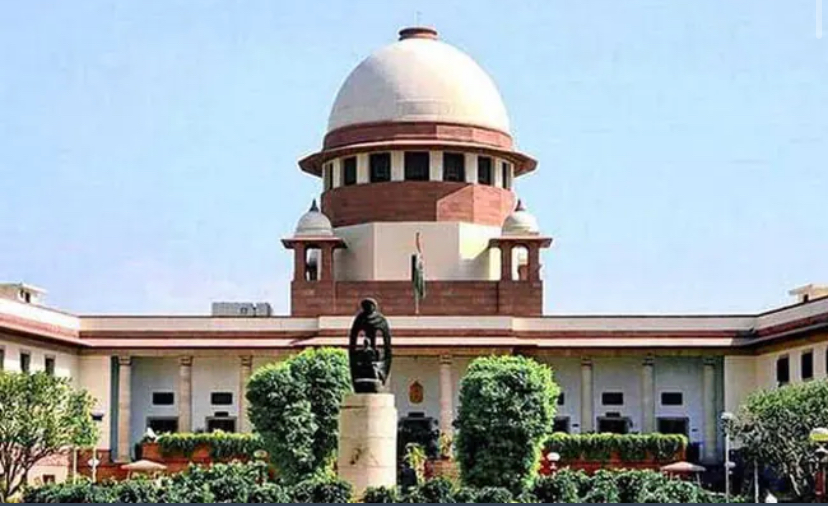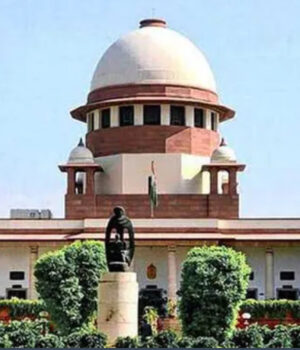In a highly anticipated decision, a five-judge Constitution bench, headed by Chief Justice DY Chandrachud, has ruled on the constitutional validity of the central government’s move to revoke Article 370, thereby ending Jammu and Kashmir’s special status and transforming it into two Union Territories. This verdict follows a series of petitions challenging the government’s actions four years ago.
At the heart of the matter is the contention that Article 370 cannot be unilaterally scrapped by the Centre, as the powers of the Constituent Assembly were supposedly vested in the J&K legislature after its dissolution in 1957. The Supreme Court has raised questions regarding who can recommend the revocation of Article 370, emphasizing the requirement of approval from the Constituent Assembly, which was deemed temporary until its dissolution.
The government has defended its decisions, asserting that they were made within the legal framework. The argument extends to the assertion that the mainstreaming of Jammu and Kashmir has led to a reduction in terrorism and created a more level playing field, fostering rapid development over the past four years.
According to the Centre, Article 370 deprived the people of J&K of various fundamental rights, including the right to education. The special status also hindered the automatic application of constitutional rights that are applicable to every Indian, necessitating approval from the state legislature. Simultaneously, Article 35A, abolished alongside Article 370, restricted the rights of individuals from other parts of the country, denying them opportunities to work, own land, and settle in Jammu and Kashmir.
In anticipation of the verdict, security has been bolstered in the Kashmir Valley. The BJP has called for respect for the court’s decision, while former Chief Minister Omar Abdullah has pledged that his party, the National Conference, will uphold peace even in the event of an adverse ruling. Other political entities, such as Mehbooba Mufti’s People’s Democratic Party and the Congress, express hope that the court will align with the interests of the people.
The abrogation of Article 370 and the bifurcation of Jammu and Kashmir occurred in August 2019, following the collapse of the PDP-BJP alliance government, while the region was under President’s Rule. The verdict from the Supreme Court now provides clarity on the constitutional aspects of this significant and contentious move.











